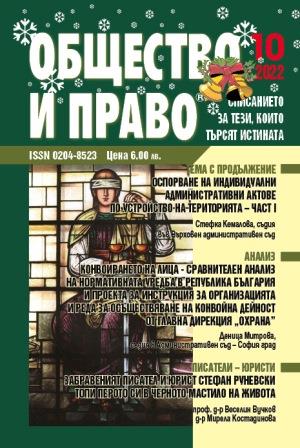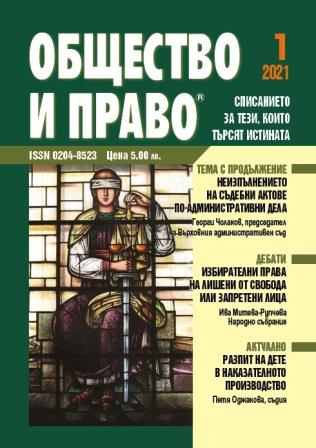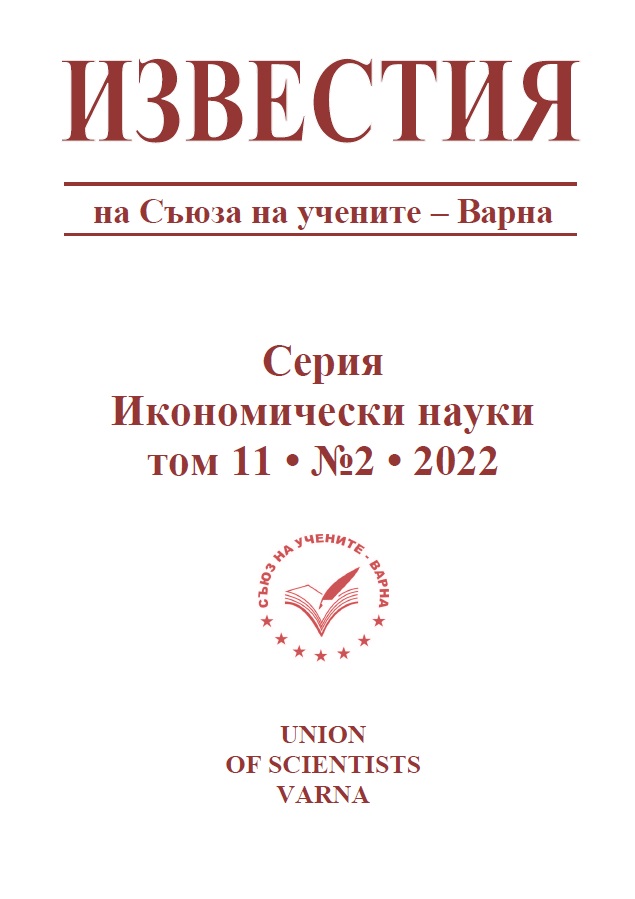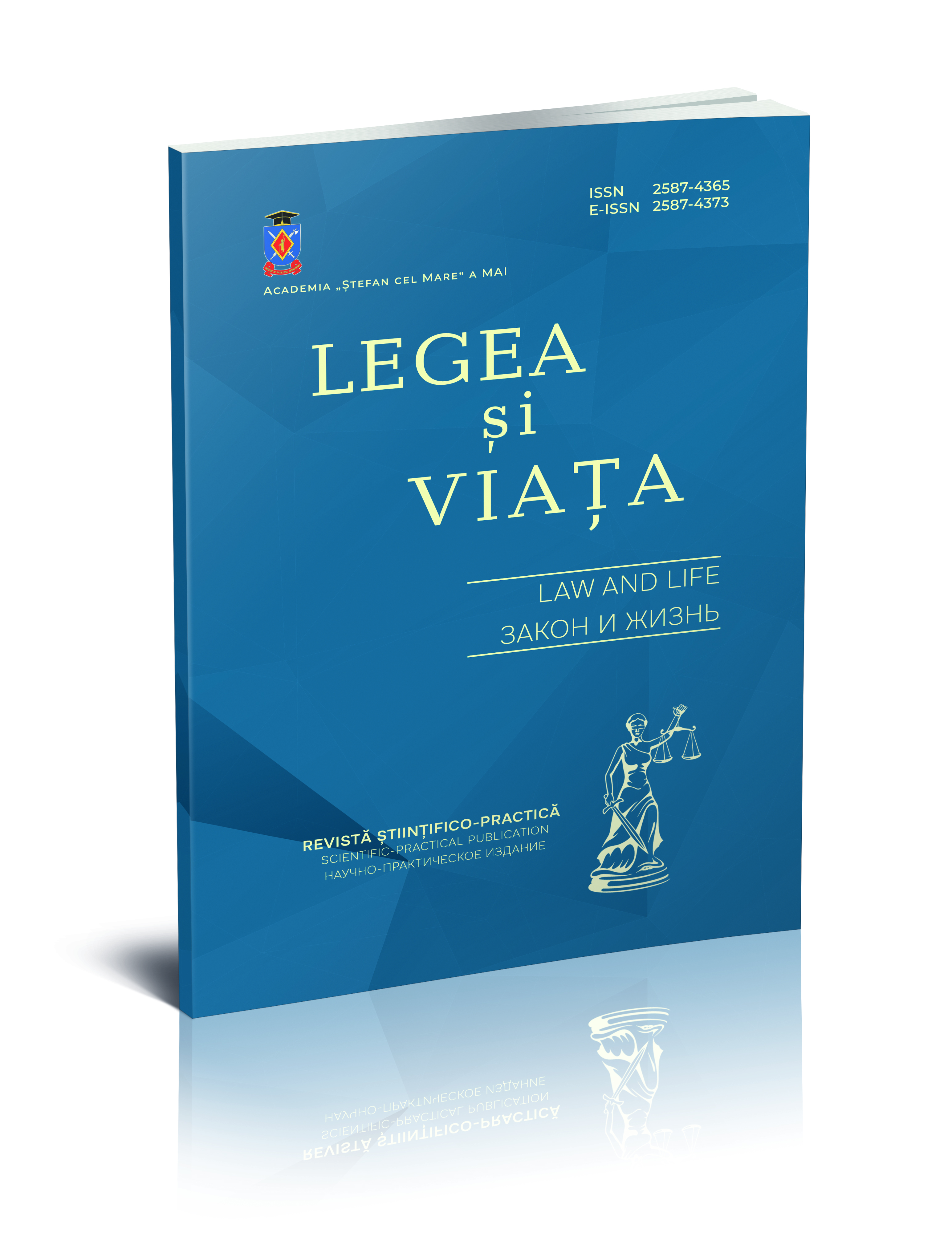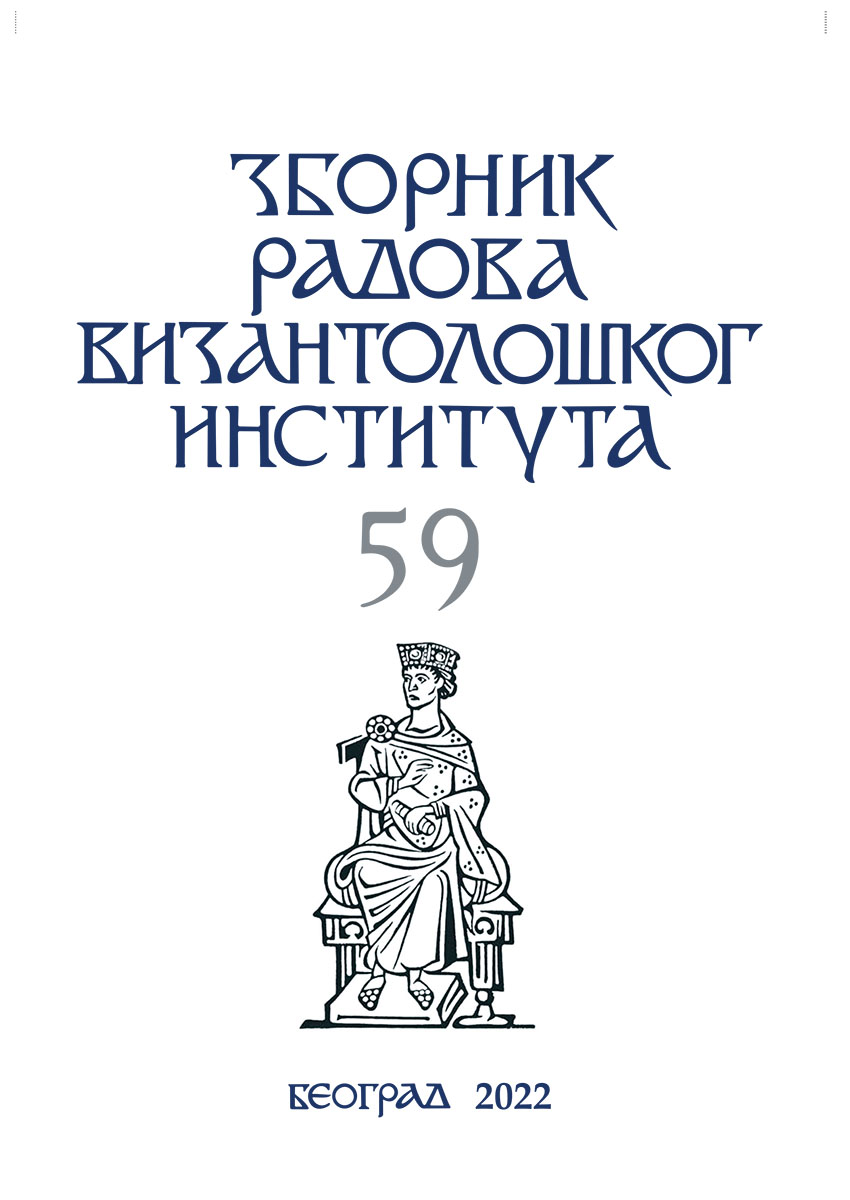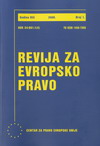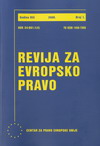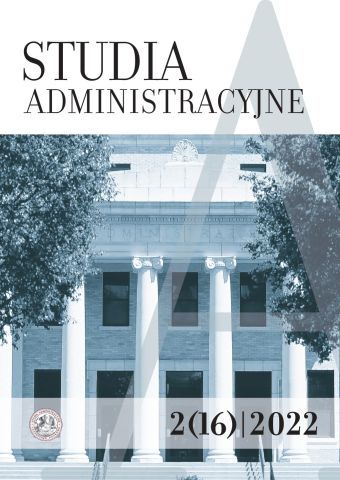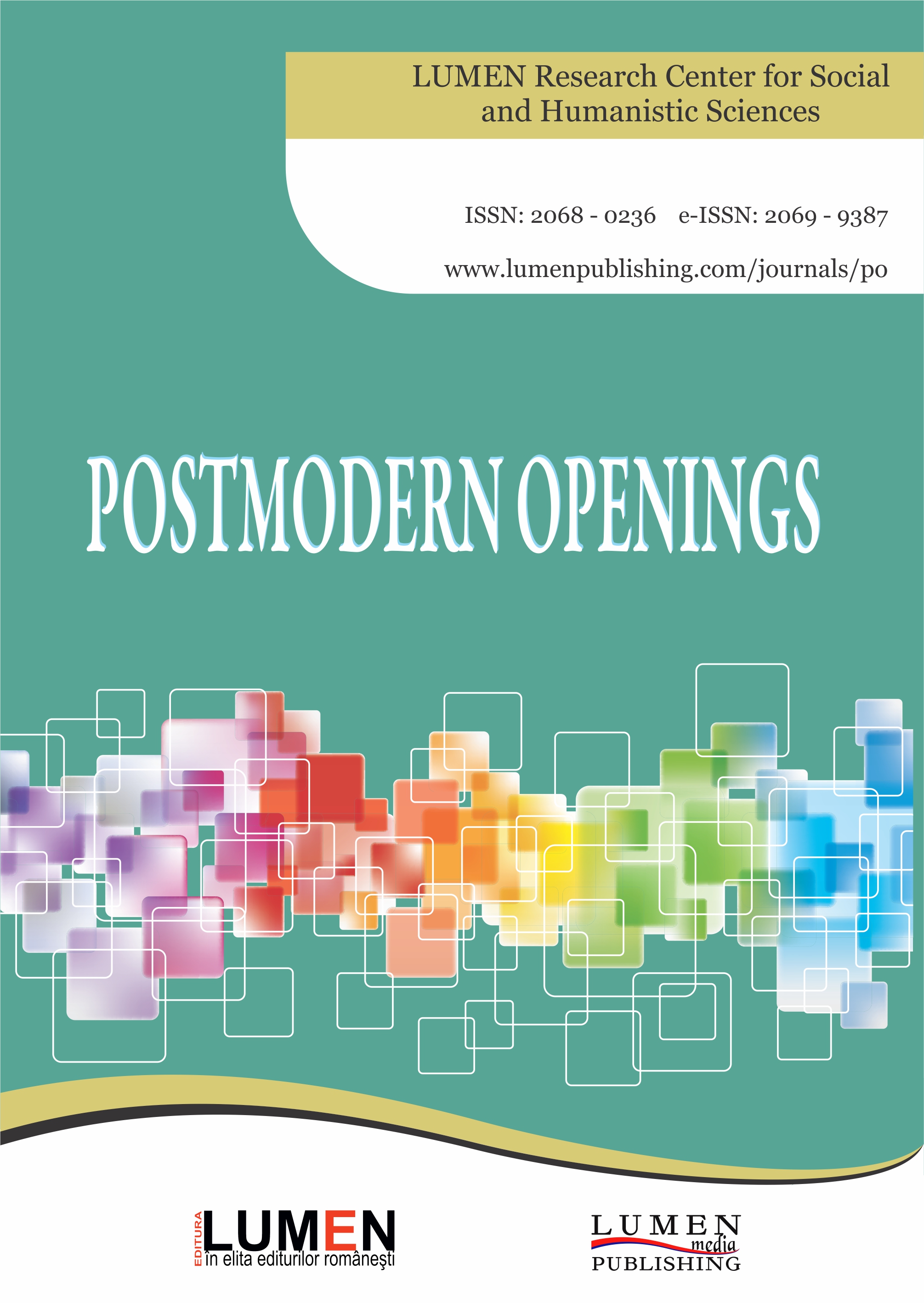
Psychological Profile of a Serial Killer (Based on the Novel “Silence” by Thomas Raab)
The research deals with the issue of genre hybridization in the novel “Silence – Chronicle of a Killer” written by a contemporary Austrian writer Thomas Raab. An examination of the novel's composition and structure, as a text in motion, has been accomplished in the article. The novel “Silence” is an excellent illustration of how the genre of adventure has been adapted to include elements of science fiction. This novel is a love tale, a rural life saga, a formation narrative, and a psychological thriller all in one. As a fictionalized account of the life of a serial murderer with hypersensitive hearing who became a legend for his mental torment and suffering, it serves both as a biography and a thriller. Novelist Raab uses elements from classic horror novels like Frankenstein, German romantics, in particular, G. Kleist, the tale of Casper Hauser, and detective novels like Friedrich Durrenmatt's "Promise" to tell the story of Casper Hauser's disappearance in his book. A new aesthetic experience may be formed at various degrees of identification ranging from naive perception to higher levels of literary reception. Concentration is required for poetic and philosophical substance. Michel Focalut's nomadism, marginality, and authoritarian power rhetoric have been discussed in this article. The novel's ultimate content has been disclosed as the aphesis torment, emotional sublimation, as the birth of an artwork and, at the same time, death of the author, who exposes discourses, accountable for creating texts that are allocated to him.
More...
